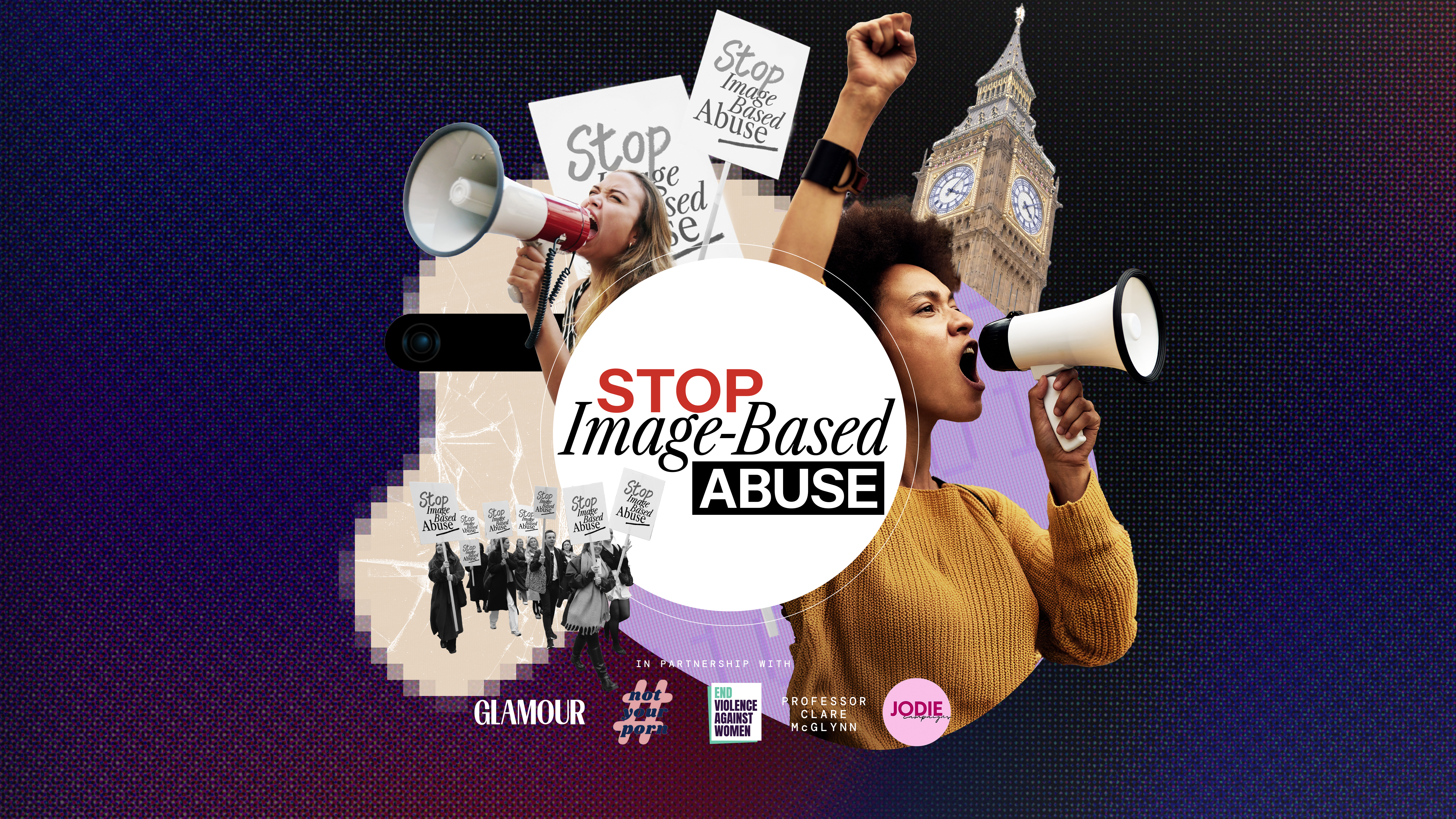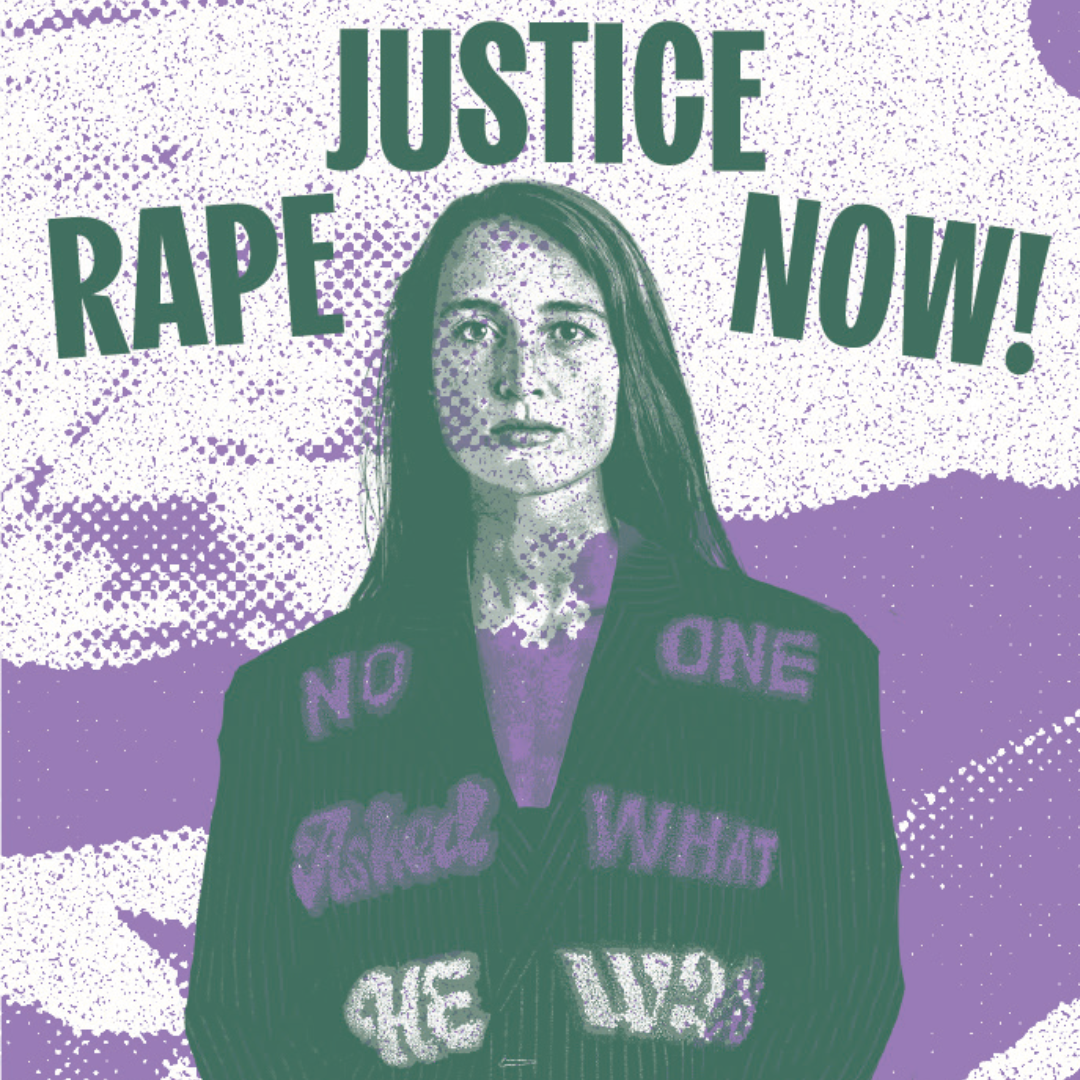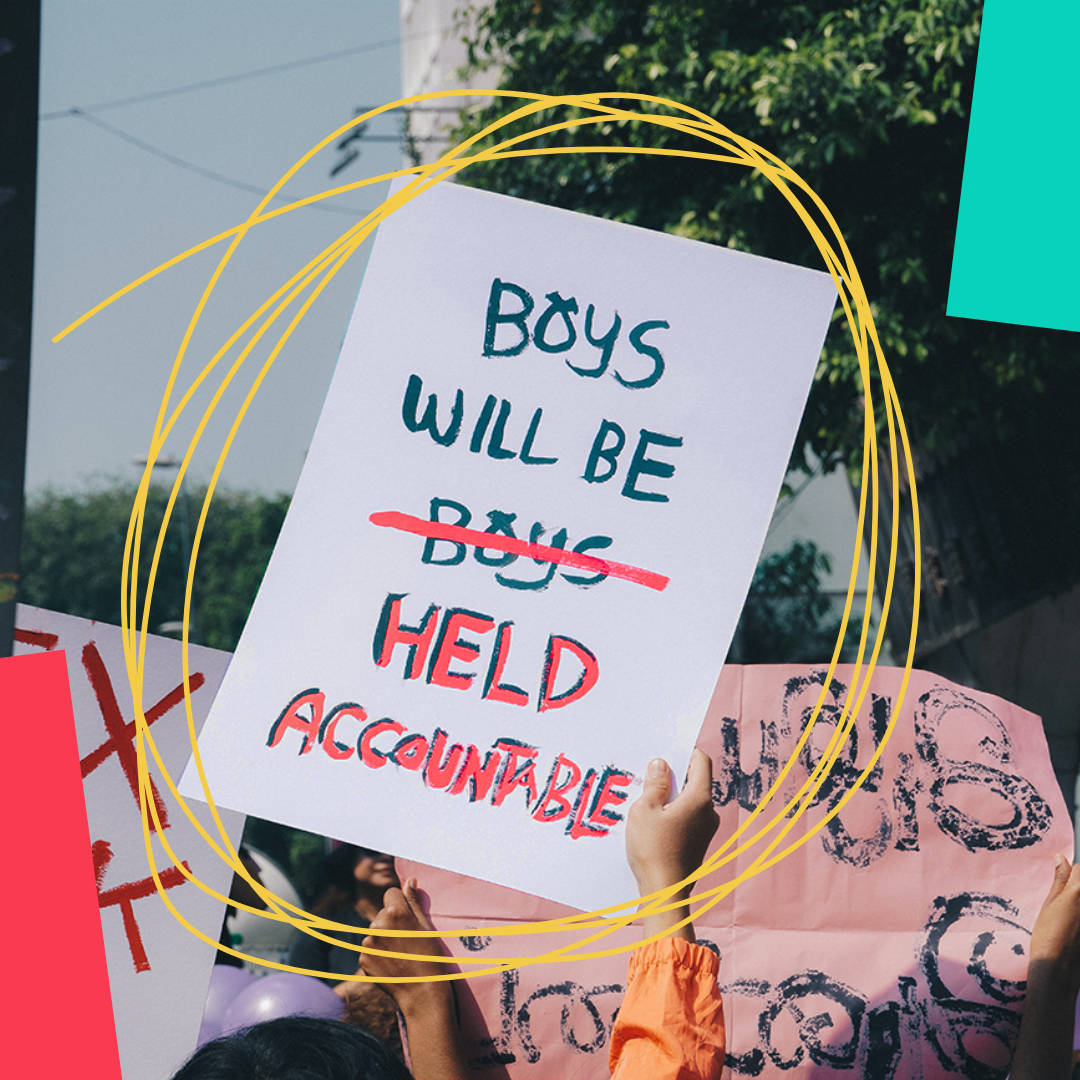 18 Feb
18 Feb
Yesterday (20th July 2023), the Crown Prosecution Service (CPS) released its quarterly data on charging, prosecution and conviction rates for rape, sexual offences and domestic abuse, on the same day the Office for National Statistics (ONS) reported increased numbers of rape, sexual offences and domestic abuse offences recorded by the police.
Rape
The ONS data shows there was an increase in the number of sexual offences recorded by the police in the year ending March 2023 (195,315 offences) compared to the previous year (193,559 offences). Of all sexual offences recorded by the police in the year ending March 2023, 35% (68,949) were rape offences.
The CPS data shows that there has been a significant increase in the number of rape cases referred by the police to the CPS, which now exceed 2016 levels. In the year ending March 2023, there were 5,832 cases referred by the police, compared to 4,049 the previous year.
However, we are concerned about a lack of transparency with how this figure is calculated, given the government’s recent Rape Review Progress Report stated that this figure not only includes police referrals to the CPS for a charging decision, but it also includes police requests for ‘early advice’ – advice sought from the CPS in the case-building stage of an investigation. These are two distinct processes and we are concerned they should not be grouped together as it risks inflating the charging data, and also creates a risk of double counting.
While we are pleased to see increases in the number of rape cases where charges are brought, these still fall significantly short of the government’s own target of returning to levels last seen in 2016. We are also only seeing marginal progress in rape prosecutions (2,655 in the year ending March 2023), which remain well below the numbers seen in 2016 (5,194). Similarly, the number of convictions in the year ending March 2023 (1,685) remain far from 2016 levels (2,995).
Rape – Q4 Rolling year-to-date (year ending March 2023)
| 16/17 | 17/18 | 18/19 | 19/20 | 20/21 | 21/22 | 22/23 | |
| Rape Receipt Volumes | 4,600 | 4,372 | 3,377 | 2,747 | 3,539 | 4,049 | 5,832 |
| Rape Charged Volumes | 3,673 | 2,839 | 1,766 | 1,867 | 1,955 | 2,223 | 3,004 |
| Rape Charged Rate (of Legal Decisions) | 62.8% | 60.2% | 48.3% | 58.7% | 62.9% | 69.1% | 72.1% |
| Rape Prosecution Volumes | 5,194 | 4,528 | 3,044 | 2,102 | 1,557 | 2,537 | 2,655 |
| Rape Conviction Volumes | 2,995 | 2,646 | 1,933 | 1,439 | 1,109 | 1,733 | 1,685 |
| Rape Conviction Rate | 57.7% | 58.4% | 63.5% | 68.5% | 71.2% | 68.3% | 63.5% |
Court backlog and victim withdrawals
In its recent Rape Review Progress Report, the government acknowledged the high number of victims withdrawing from pursuing their cases at both the police stage and post-charge stage, as well as the huge issues with court delays and the Crown Court backlog.
Victim withdrawal from prosecutions can be due to both the ongoing poor treatment of survivors throughout the justice process, and the courts backlog which has left rape survivors facing years-long waits for court dates – longer than victims of any other crime type. These waits are compounded by frequent rescheduling of trials, which causes significant distress.
That’s why with our partners, we are calling for the government to use the new Victim and Prisoners Bill to guarantee rape survivors free, independent legal advice throughout the justice process, and for their private therapy notes to be legally protected.
Domestic abuse
It is positive to see that the number of domestic abuse cases referred from the police to the CPS have finally begun to increase (69,314 in the year ending March 2023 compared with 67,063 the previous year), after a recent worrying downward trajectory. However, we are still well below levels seen over the past five years.
Charging volumes have followed suit, with a marginal increase of 47,361 cases charged in the year ending March 2023, compared to 43,836 the previous year. However prosecution rates continue to fall, with a deeply concerning and significant fall from 2016 figures. Conviction numbers are following a similar trajectory, with 39,198 convictions in the year ending March 2023 compared to 40,647 the previous year.
Domestic Abuse – Q4 Rolling year-to-date (year ending March 2023)
| 16/17 | 17/18 | 18/19 | 19/20 | 20/21 | 21/22 | 22/23 | |
| Domestic Abuse Receipt Volumes | 112,847 | 110,653 | 98,479 | 79,965 | 77,812 | 67,063 | 69,314 |
| Domestic Abuse Charged Volumes | 79,417 | 77,726 | 67,469 | 55,567 | 50,838 | 43,836 | 47,361 |
| Domestic Abuse Charged Rate (of Legal Decisions) | 74.8% | 75.9% | 74.3% | 73.1% | 70.1% | 72.7% | 76.46% |
| Domestic Abuse Prosecution Volumes | 93,593 | 89,095 | 78,624 | 61,169 | 54,515 | 53,207 | 51,288 |
| Domestic Abuse Conviction Volumes | 70,855 | 68,100 | 60,160 | 47,534 | 42,574 | 40,647 | 39,198 |
| Domestic Abuse Conviction Rate | 75.7% | 76.4% | 76.5% | 77.7% | 78.1% | 76.4% | 76.4% |
Andrea Simon, Director of the End Violence Against Women Coalition (EVAW), said:
“This data once again shows that our broken criminal justice system is simply not performing well enough for victims and survivors of male violence, despite government promises to overhaul the system and recent overstated claims of progress.
It is simply unacceptable that we have not yet reached 2016 levels of charging and convictions for rape – the government’s own target – which in itself is a low bar. This is happening while sexual offences recorded by the police are increasing, and demand for specialist support is spiralling.
It is critical that the new Victims and Prisoners Bill delivers stronger protections, including guaranteeing rape survivors independent legal advice to challenge poor practice and decision making, and a model of protection for survivors’ counselling notes in which a Judge considers and authorises these requests. This new law must also deliver sustainable funding for specialist support services, particularly those led by and for Black and minoritised women, and a firewall between the police, public bodies and immigration enforcement.
It is important to remember that the majority of survivors do not report to the police, so we need to make sure action to address sexual violence looks beyond the criminal justice system and prioritises prevention work with young people in schools and through wider public information campaigns.”
ENDS
Media contact
Sinead Geoghegan, Communications Manager, media@evaw.org.uk
Recommended ARTICLES
 18 Feb
18 Feb
 16 Feb
16 Feb
 12 Feb
12 Feb

